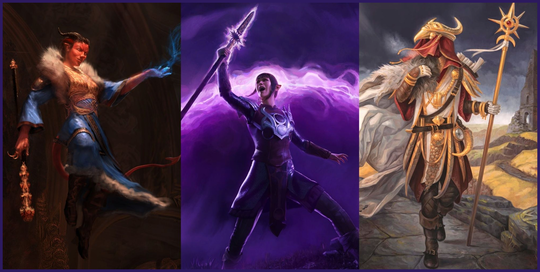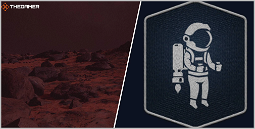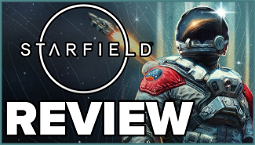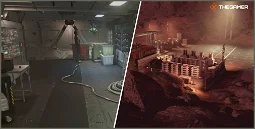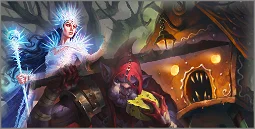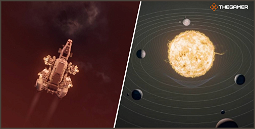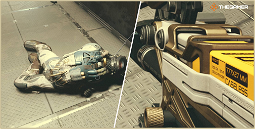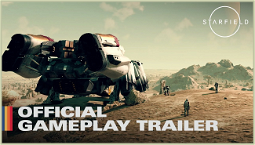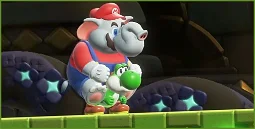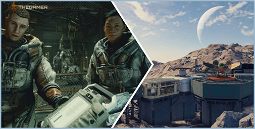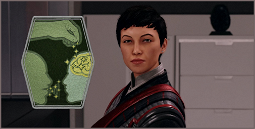Running a D&D Campaign with One Player
Running a D&D campaign with just one player is no easy feat. It requires careful balance and preparation before sitting down at the table. You don’t want to bore your player with endless combat or spend too much time preparing without playing.
While it's recommended to check out our guide on how to DM a solo campaign, incorporating a single player can add spice to a regular party, especially if they're a tabletop game fan. Here are some tips to maintain excitement in your one-player campaign:
Decide on the Campaign's Theme
Before considering the player's character or challenges, decide on the campaign's theme. Collaborate with your player to determine their preferences. Will it be a high-fantasy adventure with magic and monsters? Or a grounded campaign focusing on political intrigue and subterfuge?
Look to their character build for clues about their preferences, such as exploration or a single location focus. Crafting unique characters may favor an adventurous campaign with multiple locations. Heroic characters may prefer staying in one location, overcoming a series of challenges.
Decide on an Appropriate Campaign Goal
Once you know the campaign's setting, choose an achievable campaign goal. It could be as simple as seeking the source of a deadly disease or as complex as bringing peace to a war-torn continent. Ensure the goal can be completed to give the player a sense of accomplishment.
Find an Appropriate Location
If the campaign is exploration-focused, find a series of locations to be explored. Collaboratively determine the exploration order and whether they will be revisited. For example, if tracking down a deadly disease's source, the party may visit villages to gather information and find the cure.
Determine the Player's Allies
When the player is alone, they may get overwhelmed by enemies designed for a full party. Include allies - NPCs that aid in combat and healing. These recurring NPCs should support, not overshadow, the player.
Celebrate the Player's Accomplishments
In a regular party, player accomplishments can be taken for granted. In a solo campaign, ensure their achievements are the center of attention. Emphasize their past victories and create opportunities for them to prove their mettle in front of a crowd.
Avoid Killing the Player Character
Killing a player character can be rough, potentially ending the campaign and hours of gameplay. If a mistake occurs and the character dies, sparingly retcon to avoid making their choices meaningless.
Create a Robust Backstory
Player backstories are crucial in solo campaigns. They ensure the player's character feels independent from a party and allow incorporation into the campaign. Backstories should significantly impact the story, such as a priest of the god of death on a quest to find a cure for their own disease.
Modify Traps and Puzzles
Traps and puzzles can be fun and rewarding, but deadly for a single player. Modify them to be less deadly and solvable by a single player. Make hints and clues more obvious to solve mental challenges unaided.
Plan Sessions with Broad Strokes
In a solo campaign, the player relies on the DM to make decisions. Ensure the path they follow aligns with their enjoyment. Provide enough information about the world and situation for them to make informed decisions.
Provide the Player with Additional Equipment
Alongside modifying traps and puzzles, equip the player to handle challenges typically tackled by a party. Provide additional tools or equipment to aid them. For example, a plague suit for investigating a disease-ridden village or climbing gear for exploring ruins.
Slow Them Down If Necessary
A single-player party can move more efficiently. If you need to slow them down to avoid completing the campaign too quickly, add roadblocks and random encounters. For example, a bandit camp on their path, forcing them to fight before moving on.
